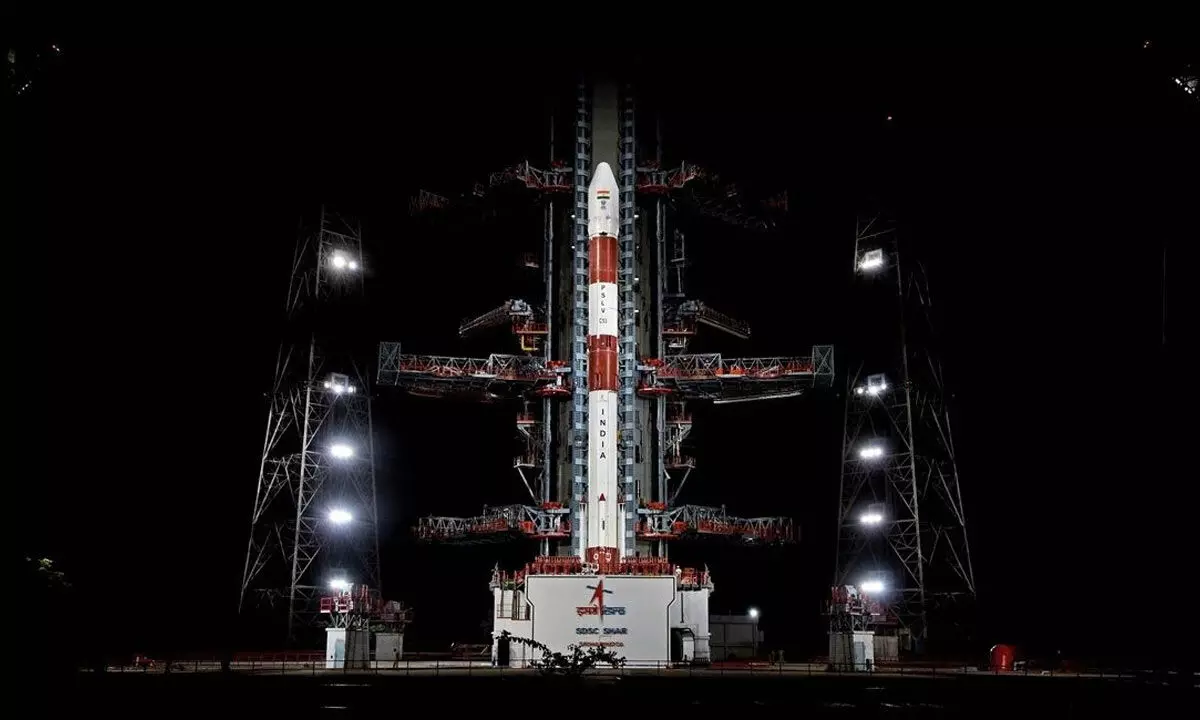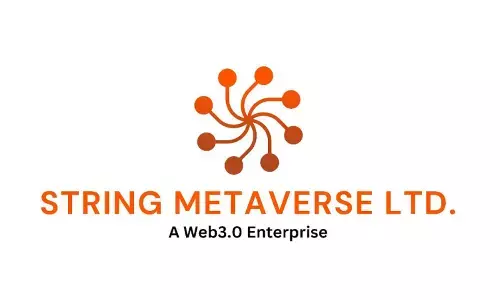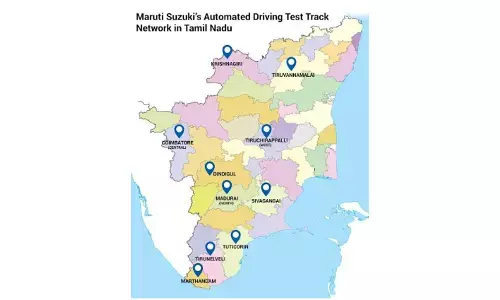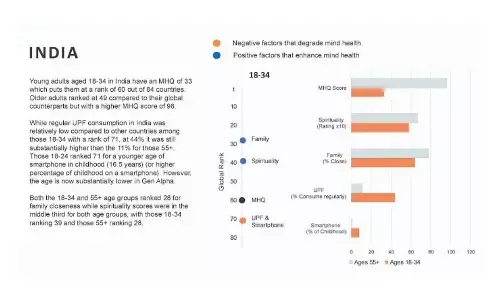India in limelight for launch of space missions

India in limelight for launch of space missions
The European Space Agency (ESA) has said that India is an option as it looks for new partners to launch its missions into space after it lost access to Russian Soyuz launch vehicles, reports Reuters.
New Delhi: The European Space Agency (ESA) has said that India is an option as it looks for new partners to launch its missions into space after it lost access to Russian Soyuz launch vehicles, reports Reuters. "I would say there are two and a half options that we're discussing. One is SpaceX, that is clear. Another one is possibly Japan. It is waiting for the inaugural flight of its next-generation rocket.
Another option could be India," ESA Director General Josef Aschbacher said. The agency has been left hanging after a breakdown in relations with the Russian space agency, Roscosmos. Several missions, including a joint Mars project with Russia have been pushed back after the breakdown between the West and Russia following President Vladimir Putin's war on Ukraine.
The development blocked western access to Russia's Soyuz launch vehicle, which had been lifting off several European and American missions, including satellites and astronauts. ESA, meanwhile, is in the process of preliminary technical discussions with SpaceX to use its launchers. While the talks remain in an exploratory manner, Aschbacher said that SpaceX is the more operational of those and certainly one of the backup launches they are looking at. "We of course need to make sure that they are suitable. It's not like jumping on a bus.
We are looking into this technical compatibility, but we have not asked for a commercial offer yet. We just want to make sure that it would be an option in order to make a decision on asking for a firm commercial offer," he added.
It is worth mentioning that changing launch vehicles is not an easy step and will require a new technical configuration on the mission parameters according to the new specification of the launch vehicle. SpaceX has been in a perfect position to take advantage of the Russian fallout with the West, emerging as the biggest name in space exploration in the western hemisphere. It has swept up customers severing ties with Moscow's increasingly isolated space sector. The information around Europe looking at SpaceX as an option comes just days after Northrop Grumman booked three Falcon-9 missions to ferry Nasa cargo to the International Space Station, while it designs a new version of its Antares rocket, whose Russian-made engines were withdrawn by Moscow in response to sanctions.
The Elon Musk-led company has also secured deals with satellite internet firm OneWeb to launch its satellite into Low Earth Orbit after Roscosmos denied launch service.
With a perfect launch rate with its Polar Satellite Launch Vehicle (PSLV), the Indian Space Research Organisation (Isro) has attracted global attention and is in the process of catering to an on-demand launch market. While its PSLV remains a workhorse, its latest offering, the Small Satellite Launch Vehicle (SSLV) is also being looked at as an option.
While the maiden demonstration mission of SSLV failed to deliver the satellites into orbit, the Indian space agency has said that the launch was smooth and met the set parameters and proved that all the new systems are working. The agency is in the process of conducting two more demonstration missions before it begins passenger services.
Meanwhile, India's Geosynchronous Satellite Launch Vehicle Mark II (GSLV Mk-II) is capable of launching a 2,500 kg payload to Geosynchronous Transfer Orbits, while 5,000 kg payload into LEO.
India will be looking to cater to the new market as a result of the break in ties between the US and Russia, while maintaining a good relationship with Roscomos as well.











